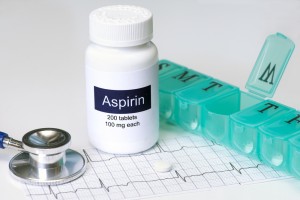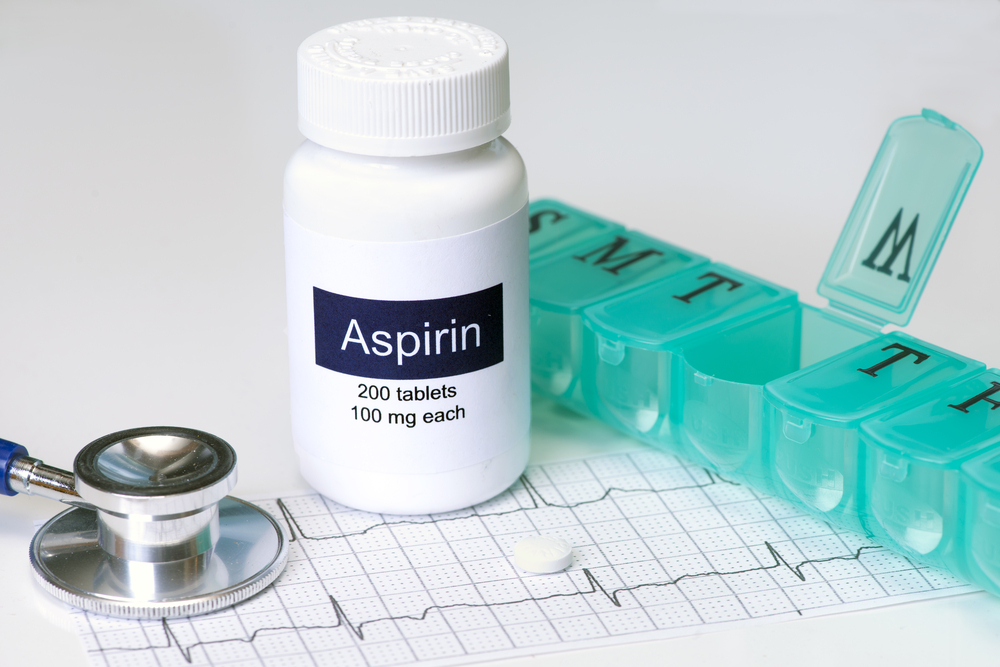 A recent study published in the Proceedings of the National Academy of Sciences, titled “BID mediates selective killing of APC-deficient cells in intestinal tumor suppression by nonsteroidal anti-inflammatory drugs”, has shown that aspirin and other nonsteroidal anti-inflammatory drugs (NSAIDs) have the capacity to protect against the development of colorectal cancer.
A recent study published in the Proceedings of the National Academy of Sciences, titled “BID mediates selective killing of APC-deficient cells in intestinal tumor suppression by nonsteroidal anti-inflammatory drugs”, has shown that aspirin and other nonsteroidal anti-inflammatory drugs (NSAIDs) have the capacity to protect against the development of colorectal cancer.
The research team, led by Dr. Lin Zhang, Ph.D., associate professor, Department of Pharmacology and Chemical Biology, Pitt School of Medicine at the University of Pittsburgh Cancer Institute (UPCI), found the mechanism behind such effect was the induction of cellular apoptosis pathways in intestinal stem cells that are positive for a certain mutated and dysfunctional gene.
Previous research on animal models and clinical trials had already elucidated on the use of NSAIDs for preventing the risk of developing intestinal polyps, which commonly progress into colon cancer. However, the reason behind such effect was unknown until know.
“Our study identifies a biochemical mechanism that could explain how this preventive effect occurs,” Dr. Zhang said in a news release. “These findings could help us design new drugs to prevent colorectal cancer, which is the third leading cause of cancer-related deaths in the country.”
Using animal models and biopsies from patients who had either received or not NSAIDs, the research team found that these drugs activated the death receptor pathway, which initiates a cellular cascade leading to intestinal stem cell apoptosis (cell death) in cells that were positive for a mutation in the adenomatous polyposis coli (APC) gene, that renders them dysfunctional.
Importantly, healthy cells do not have the APC mutation, as such NSAIDs have no deleterious effects on them, proving to act specifically on potentially harmful cells with the capacity to form precancerous polyps and tumors.
“We want to use our new understanding of this mechanism as a starting point to design better drugs and effective cancer prevention strategies for those at high risk of colon cancer”, Dr. Zhang added. “Ideally, we could harness the tumor-killing traits of NSAIDs and avoid possible side effects that can occur with their chronic use, such as gastrointestinal bleeding and ulcers.”


